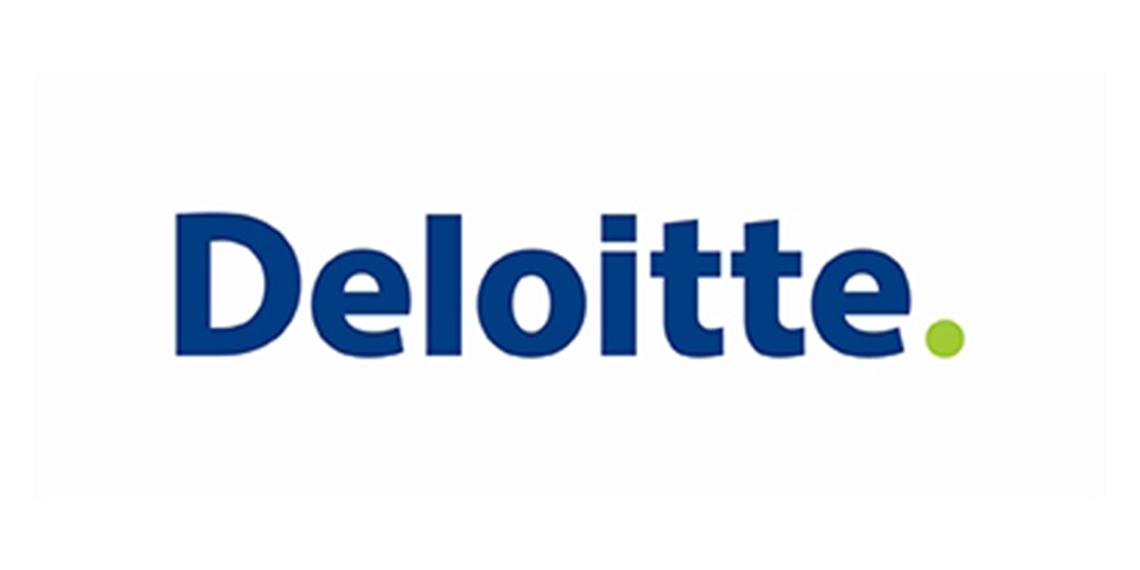As global organizations are digitizing faster and moving online and mobile to conduct business, the Middle East is catching up with the rest of world in terms of data growth and digitization, according to Deloitte's latest report "Are you a data driven organization?"
"There are several initiatives underway in the Middle East towards greater digitization of the Government Services. For example, as a part of the preparation for Expo 2020, the UAE government is working towards delivering world-class smart services and infrastructure to its citizens" said Rajeev Lalwani, consulting partner and technology leader at Deloitte in the Middle East. "The UAE Smart Government is another initiative that will drive digitization of all essential services for its citizens and residents and will result in tremendous data growth.
"Organizations that harness data to gain insights of their customers will position themselves for better success in the long haul. And while the market is going through a hype cycle particularly around the big data and internet of things it is critical to note that a strong data foundation is required to handle the future data growth" he added.
According to the Deloitte report, the data foundation of any organization is laid out by enabling many data management functions as outlined below:
Data governance: it is a discipline originating from enterprise information management. A typical data governance framework will have four guiding principles including: viewing data as a strategic asset, linking to strategic initiatives, enabling a comprehensive change management program, and being driven by business value.
Data quality: it is typically measured in terms of accuracy, consistency, relevance, integrity, accessibility and serviceability. A typical data quality framework will address the data quality issues of an organization from three angles: people, process, and technology.
Data architecture: it is an important part of information management as it allows data integration across the enterprise. Laying the foundation for data architecture enables data modeling, master data management and metadata management.
"Establishing data-management capabilities requires significant investment in financial, organizational and human resources, and the benefits will be realized over a longer term as opposed to immediate results," concluded Lalwani. "Companies that invest proportionally to manage data as a strategic asset will stand a greater chance of success in today’s competitive global economy."










